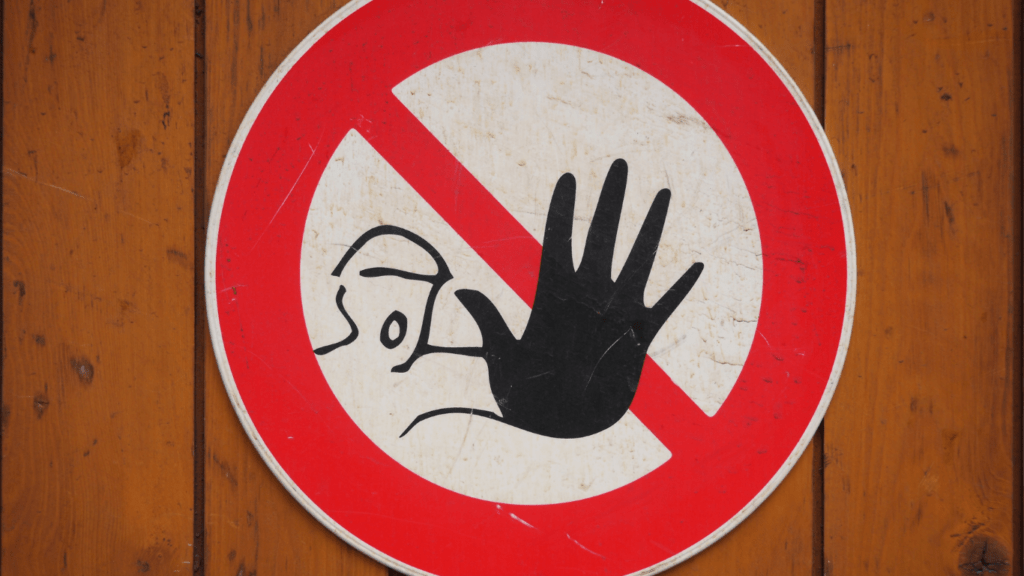If you’ve ever found yourself struggling with gambling, you’re not alone. Many people face challenges when it comes to managing their gaming habits. That’s where self-exclusion programs come in.
These initiatives offer a lifeline for those who want to take control of their gambling behavior by voluntarily banning themselves from casinos and online platforms. In this article, I’ll dive into how self-exclusion programs work and when they can be most effective.
Whether you’re considering this option for yourself or someone you care about, understanding the ins and outs can make a significant difference. Let’s explore the benefits and considerations of these programs, ensuring you have the knowledge to make informed decisions.
Understanding Self-Exclusion Programs
Self-exclusion programs provide a structured way for individuals to manage their gambling behaviors. These initiatives aim to promote responsible gambling and offer support for those struggling with their gaming habits.
Definition of Self-Exclusion
Self-exclusion refers to a voluntary process where individuals ban themselves from gambling activities for a specified period. Participants choose to exclude themselves from casinos, online gambling sites, and other gambling-related venues. Most programs require personal information, such as identification and contact details, to enforce the exclusion.
Purpose of Self-Exclusion Programs
Self-exclusion programs serve multiple purposes:
- Encouraging Responsible Gambling: These programs help individuals recognize unhealthy gambling patterns and promote accountability.
- Providing a Support System: By opting for self-exclusion, individuals access resources such as counseling services and support groups.
- Reducing Gambling Accessibility: Self-exclusion limits access to gambling venues and websites, creating a barrier for those struggling with addiction.
- Facilitating Recovery: These programs guide individuals toward healthier behaviors and outcomes related to gambling.
Engaging with a self-exclusion program can be a pivotal step toward regaining control over gambling habits.
How Self-Exclusion Programs Work
Self-exclusion programs offer structured ways for individuals to manage their gambling behaviors. These initiatives create a framework for reducing gambling participation, enhancing personal accountability, and facilitating recovery.
Application Process
I initiate the self-exclusion process by completing an application through the relevant gaming authority or specific gambling venue. This application often requires personal information such as name, address, and identification to verify my identity.
Some programs allow online submissions, while others necessitate an in-person visit. Depending on the jurisdiction, I might need to specify the duration of the self-exclusion, such as six months, one year, or even indefinitely. Once approved, the program prohibits me from accessing gambling platforms or venues, ensuring my commitment to responsible gambling.
Duration and Terms of Self-Exclusion
I choose the duration of my self-exclusion based on personal needs and circumstances. Typically, the minimum exclusion period ranges from six months to one year, but longer options exist for those requiring extended breaks.
Terms vary by program and may include age restrictions or state-specific regulations. During this time, I remain prohibited from participating in any form of gambling, including online activities, to help curb harmful habits.
Programs often allow me to extend or shorten the exclusion period, subject to specific conditions outlined by the governing body overseeing the self-exclusion agreement.
Benefits of Self-Exclusion Programs
Self-exclusion programs offer several advantages for individuals seeking to regain control over their gambling habits. These benefits range from personal accountability to comprehensive support for recovery.
Personal Accountability and Control
Self-exclusion programs foster personal accountability by requiring individuals to acknowledge their gambling behaviors. Participants commit to a voluntary agreement that restricts access to gambling venues and online platforms.
This commitment strengthens resolve, helping individuals recognize triggers and harmful patterns. Many find that a designated exclusion period enhances decision-making, allowing space for reflection and healthier lifestyle choices.
Support for Recovery
Self-exclusion programs provide essential support during recovery. Resources such as counseling and support groups are often linked to these programs. Accessing professional help helps individuals address underlying issues related to gambling addiction.
Connecting with others facing similar challenges creates a sense of community, reducing feelings of isolation. This support network plays a vital role in maintaining long-term recovery from gambling-related problems.
When to Use Self-Exclusion Programs
Identifying the right time to engage with a self-exclusion program is crucial. Specific signs and situations may indicate the necessity of this decision.
Signs That You May Need Self-Exclusion
- Increased Preoccupation: I find myself constantly thinking about gambling, which detracts from my daily activities.
- Failed Attempts to Cut Back: I’ve tried to reduce my gambling frequency, but those efforts haven’t been successful.
- Financial Distress: I struggle to manage my finances due to gambling losses or debts.
- Withdrawal Symptoms: I experience anxiety, irritability, or restlessness when I attempt to stop gambling.
- Neglecting Responsibilities: I neglect work, family, or social obligations because of gambling activities.
- Using Gambling as an Escape: I use gambling to cope with stress, boredom, or emotional pain.
Different Situations for Self-Exclusion
- Post-Relapse: After a setback, self-exclusion can serve as a critical step to regain stability.
- Financial Crisis: When in debt or facing severe financial issues related to gambling, self-exclusion provides a necessary pause.
- Lifestyle Changes: I’m entering a new life phase, such as starting a family or a new job, and want to prioritize responsible behavior.
- Counseling Recommendations: If a therapist or counselor suggests it, self-exclusion may complement my recovery journey.
- Significant Life Stressors: I encounter stress from life’s challenges, heightening the risk of returning to gambling.
- Desire to Re-evaluate Habits: When I want time to assess my relationship with gambling, self-exclusion offers a structured way to reflect.





